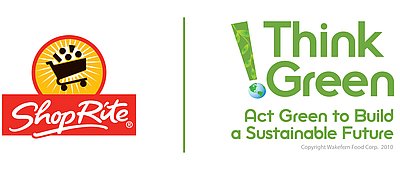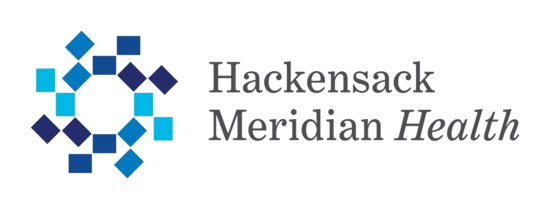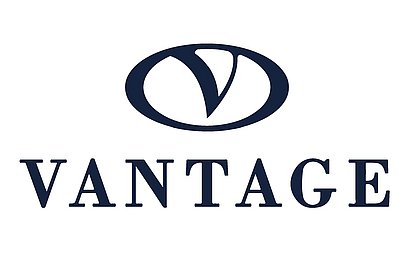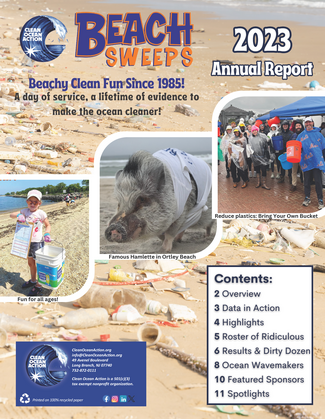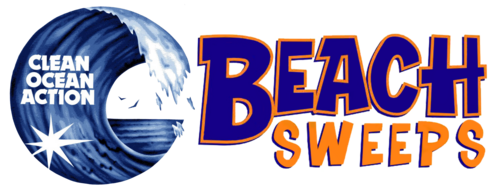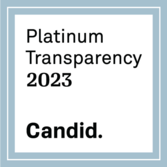
Waves of many THANKS for a successfull Spring 2024 Beach Sweeps!
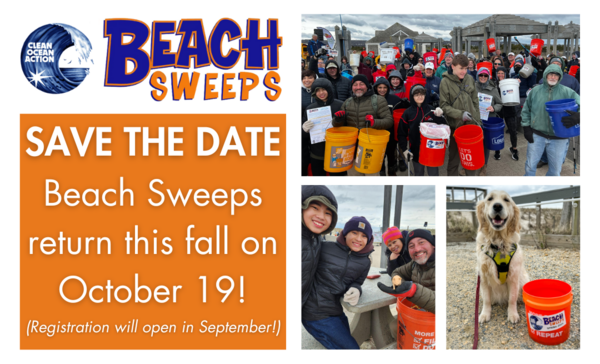
Click here for Sponsorship Opportunities
Click here for Volunteer Opportunities
Beach Sweeps Captain
Junior Beach Captain
Beach Sweeps Volunteer
Questions about the Beach Sweeps? Find answers on the Beach Sweeps FAQ page.
To view photos from the Spring 2023 Sweeps, please click here!
Click here and scroll down for a list of Sites and Registration
COA's 2023 Beach Sweeps Report
Waves of thanks to the 8,148 volunteers who helped to collect 376,969 items during just 6 hours of sweeping last year. We had some significant changes this report, like Plastic Shopping Bags leaving the "Dirty Dozen" list for the 1st time since 2007 ranking at #14!
Read more about how the data has changed, and if NJ's “Single Use Waste Reduction Act” is working:
Click here for the 2023 Beach Sweeps Report
Click here for a Presentation of Highlights of the 2023 Report
Click here for a Recording of the Press Conference Releasing the 2023 Report
Click here for the Press Release for the 2023 Report
About the Beach Sweeps
In 1985, COA launched the region’s first Beach Sweeps program to rid beaches of unsightly and harmful debris. COA's Beach Sweeps is one of the longest running cleanups of its kind in the world. The program has grown from 75 people at one site in 1985, to over 10,000 volunteers in 2018. Volunteers gather from Raritan to Delaware Bays and along the ocean to clean beaches and waterways, as well as underwater sites. They join as groups (community, school, business, and organization), families, or individuals. Participants collect and record valuable data about debris, which is presented in annual reports and used to advance federal, state, and local programs to reduce litter.
Fish, whales, birds, and other animals often mistake litter for food. As a result, animals get entangled in or ingest items, such as plastic bags, cigarette filters, and fishing line, with deadly results. Cigarette filters mimic fish and have been found in the stomachs of birds and larger fish, blocking and affecting their digestion. Also, the filters are made of plastic fibers and trap carcinogenic (cancer-causing) chemicals that are introduced into animals’ bloodstreams.
Moreover, plastic litter takes a few years to several hundred years to break down, thereby threatening wildlife for decades. Litter in waterways can also foul boat motors and propellers, resulting in costly repairs. Finally, littered beaches can ruin a day at the beach. Garbage slicks and wash-ups close beaches to swimming and are detrimental to tourism and the coastal economy.
Who should participate in Beach Sweeps?
Volunteers of all ages. Children age 12 and under must be supervised by an adult. Registration is required. Register here!
How to get involved in Beach Sweeps:
- To participate in the Beach Sweeps first review the list of Beach Sweeps sites.
- Once you've selected a site, click here to register to participate! Registration is required.
- The event runs from 9:00 am – 12:30 pm. Please note when registering that certain sites may be a different day and/or time. Event is rain or shine.
- Bring gloves and a trash bucket (this helps to reduce the number of plastic bags used).
- Wear sunscreen and hard-soled shoes.
- Dress for the weather. Stay off dunes and respect wildlife.
- Volunteers can click here to learn more about becoming a Beach Captain.
If you have any questions about the Beach Sweeps please contact:
Clean Ocean Action
732-872-0111

